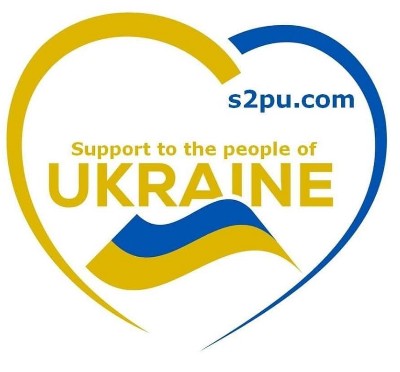 International Court of Justice rules for Ukraine, declares it has jurisdiction over Ukraine’s case against the Russian Federation (текст українською нижче)
International Court of Justice rules for Ukraine, declares it has jurisdiction over Ukraine’s case against the Russian Federation (текст українською нижче)
On 8 November 2019, the International Court of Justice (“ICJ”) issued a major ruling in Ukraine’s case against the Russian Federation. Today, the Court decisively rejected Russia’s jurisdictional objections and agreed with Ukraine that its claims are properly before the Court. All of Ukraine’s claims, which concern the financing of terrorism in Ukraine and racial discrimination in Crimea, will now move forward to a full hearing on the merits.
Russia has long tried to avoid accountability for its many violations of international law. With this decision, Ukraine’s pursuit of justice moves forward. Ukraine filed its case in the ICJ on 16 January 2017 as part of a strategy to hold Russia accountable for its violations of international law. The case documents Russia’s violations of two important treaties: the International Convention for the Suppression of the Financing of Terrorism and the International Convention on the Elimination of All Forms of Racial Discrimination.
When Russia joined the Terrorism Financing Convention, it pledged to suppress the financing of terrorism, but in Ukraine it has done the opposite. Illegal armed groups in Donbas and other actors have perpetrated acts of terrorism against civilians using arms from the Russian Federation. And Russia has violated its international obligations by failing to prevent Russian officials and other Russian nationals from providing these weapons to known terrorist groups. With this Russian support, these groups attacked MH17, taking nearly 300 lives; unleashed deadly barrages of rocket fire on Ukrainian cities, including the assaults on a checkpoint near Volnovakha and residential neighborhoods in Kramatorsk, Mariupol, and Avdiivka; and planted bombs that have ripped through patriotic marches, popular nightclubs, and other peaceful locations.
The Russian Federation has likewise pledged to eradicate racial discrimination, but does the opposite in Ukraine. In occupied Crimea, Russia maintains a policy of racial discrimination and cultural erasure directed against the Crimean Tatar and Ukrainian communities. Russia has trampled the political, civil, and cultural rights of these ethnic communities, including through the ban on the Mejlis, the representative institution of the Crimean Tatar community; disappearing and murdering Crimean Tatar and Ukrainian activists; arbitrary searches and detentions; banning cultural gatherings and suppressing media outlets; and restricting opportunities for children to be educated in their native languages.
Ukraine will continue to move forward with legal actions that seek to hold Russia accountable for its violations of international law. Today’s Order is one in a string of successes for Ukraine. In May 2019, the International Tribunal for the Law of the Sea ordered Russia to release Ukrainian servicemen and naval vessels that it had illegally seized. In April 2017, the ICJ issued a landmark provisional measures order to protect the Crimean Tatar and Ukrainian communities in occupied Crimea.
As a result of today’s ruling, Ukraine is ready to present its case on the merits before the ICJ. As a next step, the Court is expected to set a deadline for the Russian Federation to file a Counter-Memorial. After further filings, the Court will hold a hearing on the merits at which Ukraine will be able to present its full case.
Ministry of Foreign Affairs of Ukraine

Comments powered by CComment